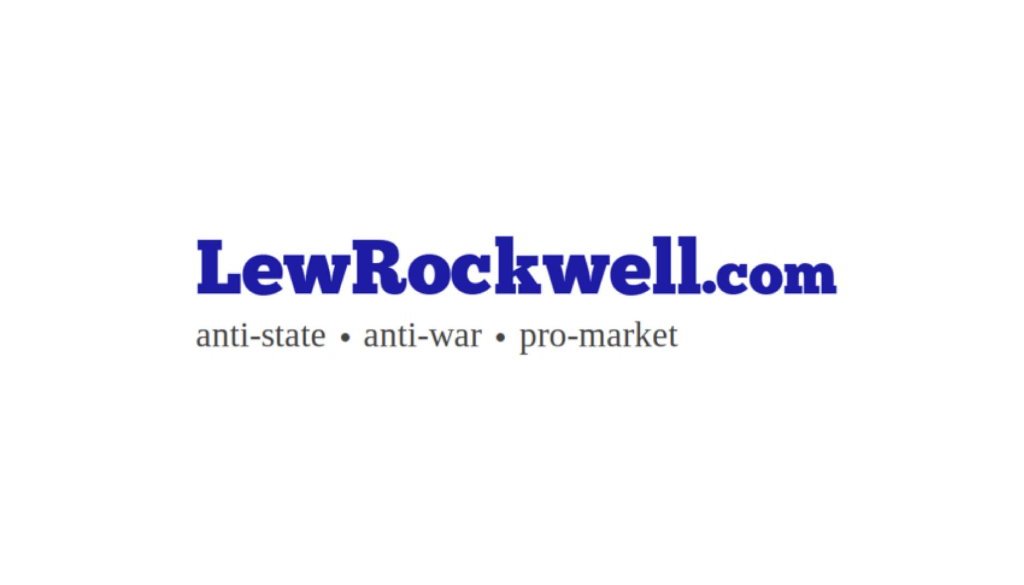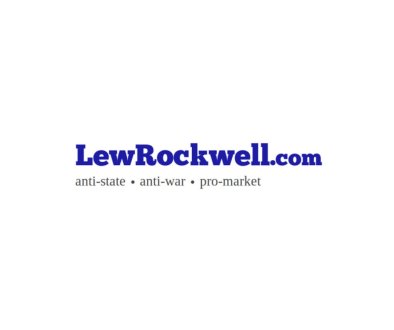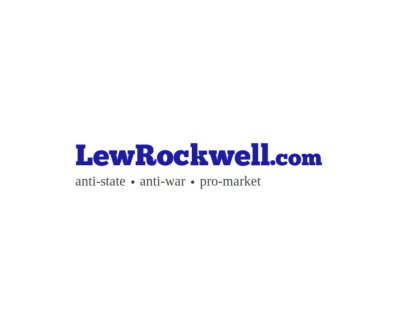U.S. Economic Model Wasn’t Sustainable
As I am writing this from London, I will temporarily adopt the useful British expression “chattering class” to describe the people who are currently freaking out in the media about President Trump’s tariff policy causing the S&P 500 to sell off to where it was in February 2024.
Because the stock market has only gone up since 2009 (when it was 768), the chattering class has grown accustomed to it only going up and it perceives the loss of a year’s gains to be the end of the world.
This reaction is itself an expression of how detached from reality the chattering class has become since 2009, when the Treasury and Federal Reserve bailed out the very Wall Street bankers who caused the Financial Crisis of 2008.
Ever since then, all U.S. government and Federal Reserve policies have been for the benefit of the asset-owning class. The American working class simply hasn’t counted, while the middle class (who live mostly from their salaries) has been under constant pressure with the rising cost of housing, healthcare, and college education.
To see what I mean, take a look at the following graph expressing non-existent real wage growth for the last forty years.
It’s true that the working and middle classes have been able to save money by purchasing cheap consumer goods from China. In recent years I have frequently marveled at the low price of textiles and sneakers sold at Costco. As I write, I am wearing a Jim-Dandy pair of navy IZOD sneakers made in China that I purchased at Costco for $15. How it is possible for IZOD and Costco t
Article from LewRockwell

LewRockwell.com is a libertarian website that publishes articles, essays, and blog posts advocating for minimal government, free markets, and individual liberty. The site was founded by Lew Rockwell, an American libertarian political commentator, activist, and former congressional staffer. The website often features content that is critical of mainstream politics, state intervention, and foreign policy, among other topics. It is a platform frequently used to disseminate Austrian economics, a school of economic thought that is popular among some libertarians.




